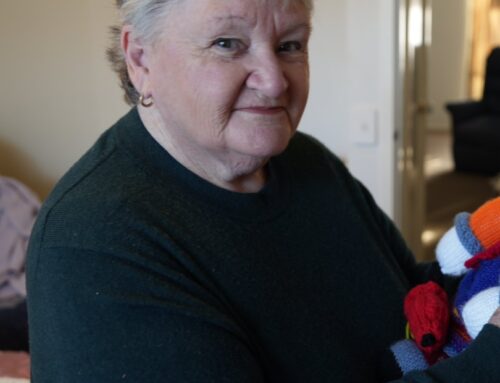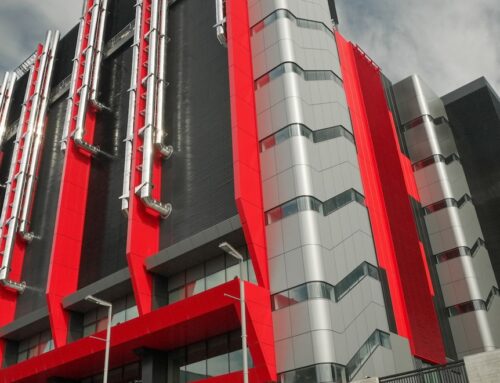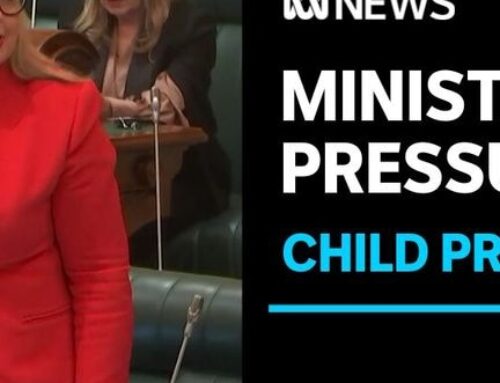The Woodville Pizza Bar worker at the centre of South Australia’s statewide lockdown last year is still “essentially in hiding” and feeling like “a political scapegoat”, his lawyer has told a parliamentary committee.
Key points:
- South Australia was plunged into a brief lockdown last year
- The worker’s lawyer would not say whether his client misled contact tracers
- He claims contact tracers did not identify themselves during an interview
The State Government imposed a coronavirus lockdown last November in the midst of growing case numbers linked to the Parafield cluster.
But the lockdown was cut short after only three days, when authorities revealed they believed the pizza bar worker had misled contact tracers about his connections to the business.
SA Police later dropped their investigation into the Spanish international student’s actions, after SA Health refused to hand over his confidential information.
The man’s lawyer, Scott Jelbert, today told the South Australian Parliament’s COVID-19 Response Select Committee his client had remained “out of sight” since the incident, following extreme backlash on social media.
“People all but wanted to drag him into Victoria Square and make an example of him … or to the airport and get rid of him,” he said.
ABC News
)When asked by the committee whether his client had indeed misled contact tracers, Mr Jelbert said he was unable to answer that question because the issues around his client’s actions and the cause of the lockdown had been “conflated” by authorities.
“It’s not whether my client misled [authorities] and then there was a lockdown … it is, did my client mislead and cause that lockdown?” he said.
“It’s unsurprising that [the public] formed the opinion [that my client caused the lockdown] when the Premier used the language such as … ‘I will not let the disgraceful conduct of a single individual keep South Australia in these circuit-breaker conditions’.”
Premier Steven Marshall today denied he had been “harsh” against the Woodville Pizza Bar worker at the time.
“What I made very clear at the time is you should not be providing false and misleading information during a pandemic to [a] SA Health worker,” he said.
SA Health contact tracers ‘did not identify themselves’
Mr Jelbert told the committee his client’s contact tracing interview took place over the phone and lasted for 30 minutes.
“There were problems with how that contact tracing was conducted,” he said.
“First and foremost, I’m informed that they didn’t identify themselves as contact tracers.
But Mr Jelbert said he still had not been able to access his client’s full contact-tracing record of interview, despite requesting the information more than two months ago.
“My office made a formal request and an application on the 5th of January,” he told the committee.
“On the 3rd of March, I contacted SA Health and inquired what the delay was and why we hadn’t received any response.”
Mr Jelbert told the committee he was informed his application had not been progressed because his fee had not been paid to the agency.
“I informed them that it had been … and the response I received was that it hadn’t been updated on one of [their] systems,” he said.
SA Health has been contacted for comment.





